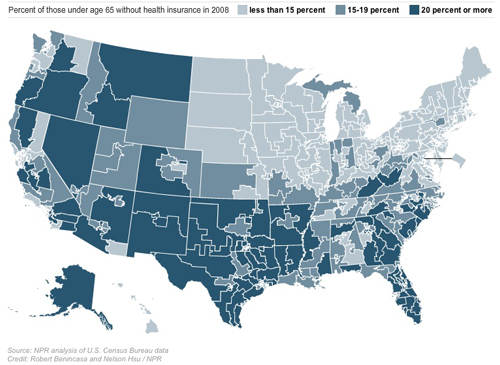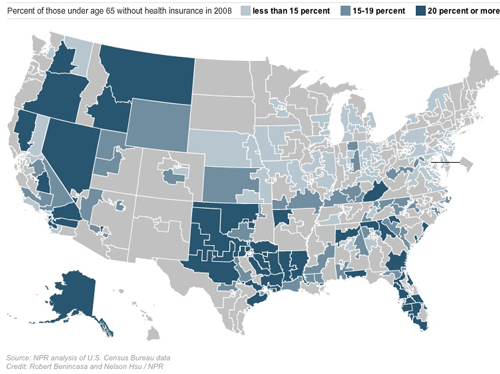It's probably easier for Christians steeped in creedal formulas to see this in other faiths more inclined to orthopraxy than ours. Armstrong raises up the story of the Marranos to introduce her account of the early modern period as pivotal to our current religious confusion.
In 1495, Manuel I succeeded to the throne in Portugal. Under pressure from his relatives, the monarchs Ferdinand and Isabella of Spain, he set out to forcibly convert his kingdom's Jewish population, many of them refugees from the Inquisition. His Jewish subjects had their own ideas.
One hundred years later, some of these Marrano Jews were allowed to emigrate to Amsterdam where individuals enjoyed religious liberty. But they discovered that they no longer fit in. Armstrong draws some interesting conclusions from this history:Known as Marranos ("pigs"), a term of abuse that Portuguese Jews adopted as a badge of pride, they had time to organize a successful Jewish underground. For generations, closet Jews tried to practice their faith to the best of their ability, but they labored under huge difficulties. Cut off from the rest of the Jewish world, they had no access to Jewish literature and no synagogues and were able to perform only a few of the major rituals ....
Deprived of the observances that made Torah a living reality, Marrano religion became distorted. In the Portuguese universities, the Marranos studied logic, physics, medicine, and mathematics, but they had no expertise in the more intuitive disciplines of Jewish practice. Relying perforce on reason alone, their theology bore no relation to traditional Judaism. Their God was the First Cause of all being, who did not intervene directly in human affairs; there was no need for the Torah, because the laws of nature were accessible to everyone. This is the kind of God that, left to itself, human reason tends to create, but in the past Jews had found the rational God of the philosophers religiously empty. ....
...they found the conventional religious life bewildering. For decades the Iberian Jews had lived without communal religious life and had no experience of ritual observance. The Dutch rabbis had the difficult task of guiding them back into the fold, making allowances for their problems without compromising tradition, and it is a tribute to them that most of the Marranos were able to make the transition. But initially their reaction was similar to that of people today who find the "beliefs" of religion arbitrary and incredible because they have not fully participated in its transformative rites. ...
The unhappy stories of [Marranos who could not reintegrate into Jewish communities] show that the mythos of confessional religion is unsustainable without spiritual exercises. Reason alone can produce only an attenuated deism that is easily abandoned, as its God is remote, abstract, and ultimately incredible. ...the Christians of Europe had begun [at the same time] to develop their own form of deism; ...they too would regard scientific rationality as the only route to truth and would seek a rational certainty that Jewish, Christian, and Muslim philosophers had long held to be impossible in matters of faith.
 It was easy to think about this as I ate, sat, reclined, sang and groaned with fullness at Seder the other night among a group of women who've known each other for decades and celebrate the Passover ritual yearly. Only a few are religious in the traditional sense, if that means having a connection to a Jewish congregation. Though a core are culturally Jewish, almost half of us are not. But over time we've come to value the ritual, the story of a people's escape to freedom and the reaffirmation of hope for freedoms unimagined in that ancient world -- freedom for women, for gays, for the global array of diverse strangers. Nobody knows quite why, but we do Seder. The doing does something to us. It is a reminder of a different form of knowing than that our culture routinely offers us. It seems right.
It was easy to think about this as I ate, sat, reclined, sang and groaned with fullness at Seder the other night among a group of women who've known each other for decades and celebrate the Passover ritual yearly. Only a few are religious in the traditional sense, if that means having a connection to a Jewish congregation. Though a core are culturally Jewish, almost half of us are not. But over time we've come to value the ritual, the story of a people's escape to freedom and the reaffirmation of hope for freedoms unimagined in that ancient world -- freedom for women, for gays, for the global array of diverse strangers. Nobody knows quite why, but we do Seder. The doing does something to us. It is a reminder of a different form of knowing than that our culture routinely offers us. It seems right.This is part 2 of several posts reflecting on Karen Armstrong's The Case for God. Part one is here.











































